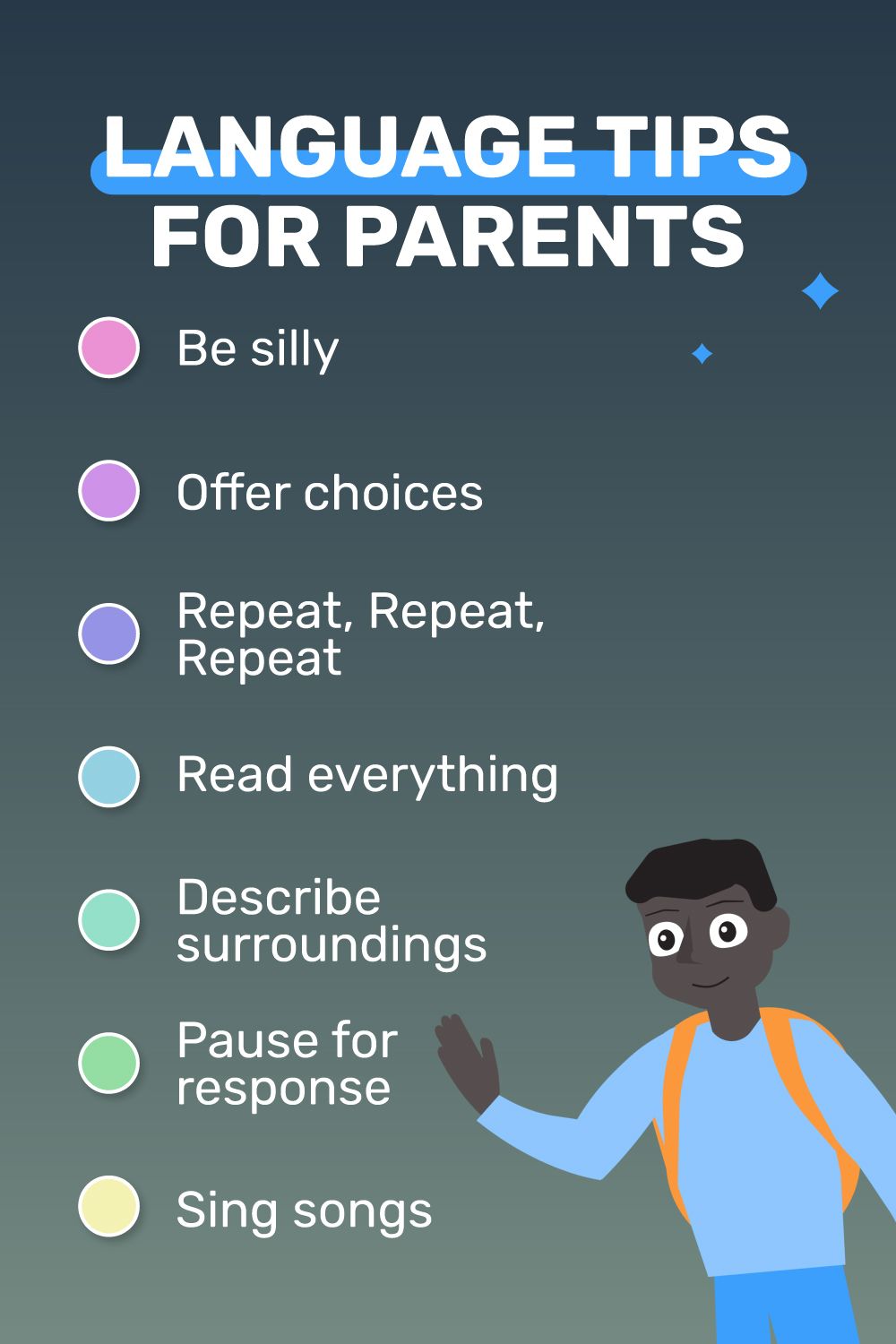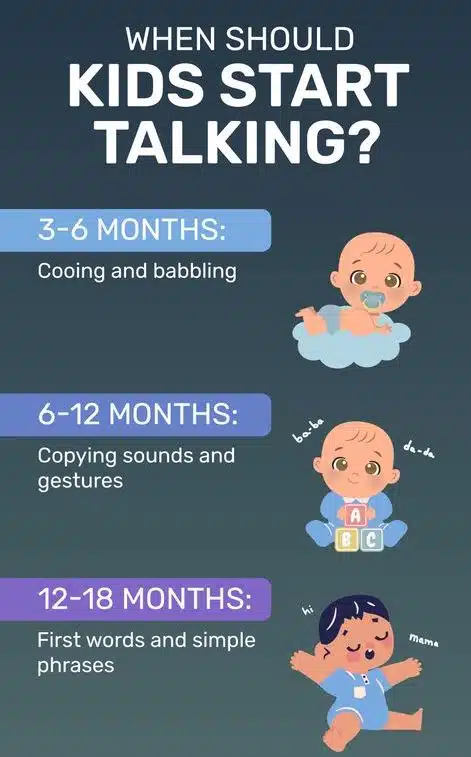While it’s usually a natural progression, some parents may wonder how to best support their baby’s cooing skills if they seem delayed. Here are some effective treatments to help with cooing delays:
| Early Interaction: |
Initiate conversations with your baby, responding to their cooing attempts with warmth and enthusiasm. This encourages them to communicate more. |
| Playful Mimicking: |
Imitate your baby’s cooing sounds, creating a fun back-and-forth dialogue that motivates them to explore their vocal abilities further. |
| Visual Stimulation: |
Utilize colorful toys and engaging books to capture your baby’s attention, stimulating their interest in vocalization. |
| Tummy Time: |
Regular tummy time sessions help strengthen your baby’s neck and chest muscles, which are essential for developing their vocal skills. |
| Read Aloud: |
Incorporate daily reading sessions into your routine, exposing your baby to language patterns and fostering their communication abilities. |
| Speech Therapy: |
If cooing delays persist past the six-month mark, consider consulting a pediatric speech therapist for expert guidance. |
In most cases, with consistent interaction and stimulation, babies catch up in their vocal development. However, if concerns linger, professional therapy may be needed. Remember, each child develops at their own pace, so cherish the cooing journey as your little one’s unique adventure!












